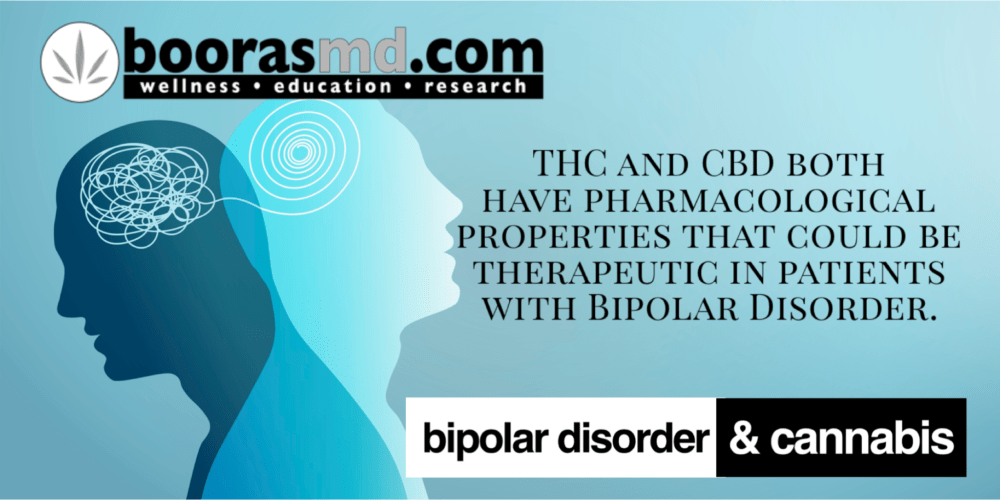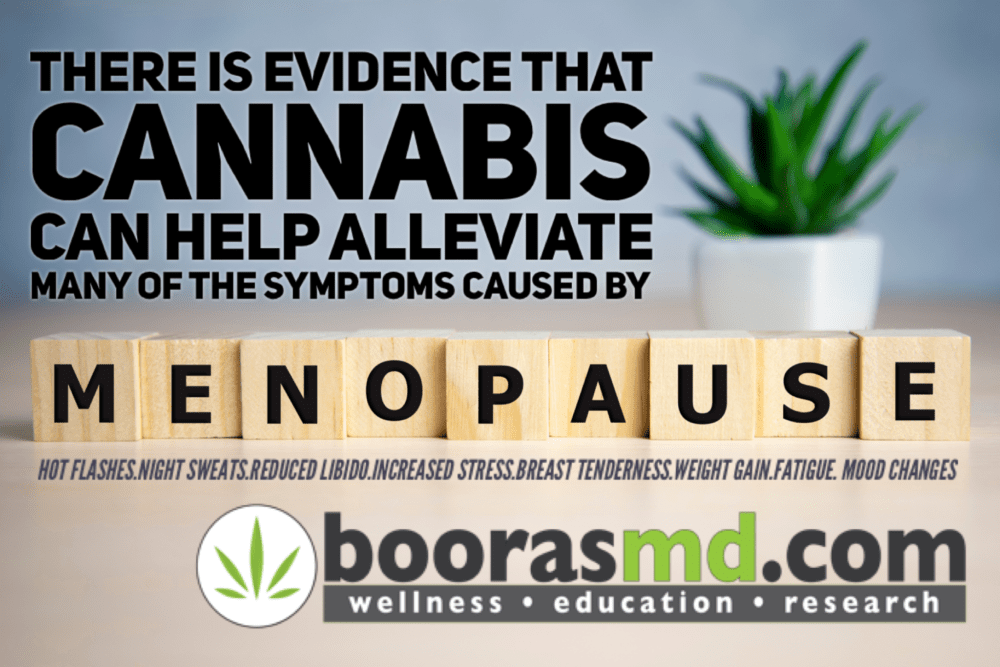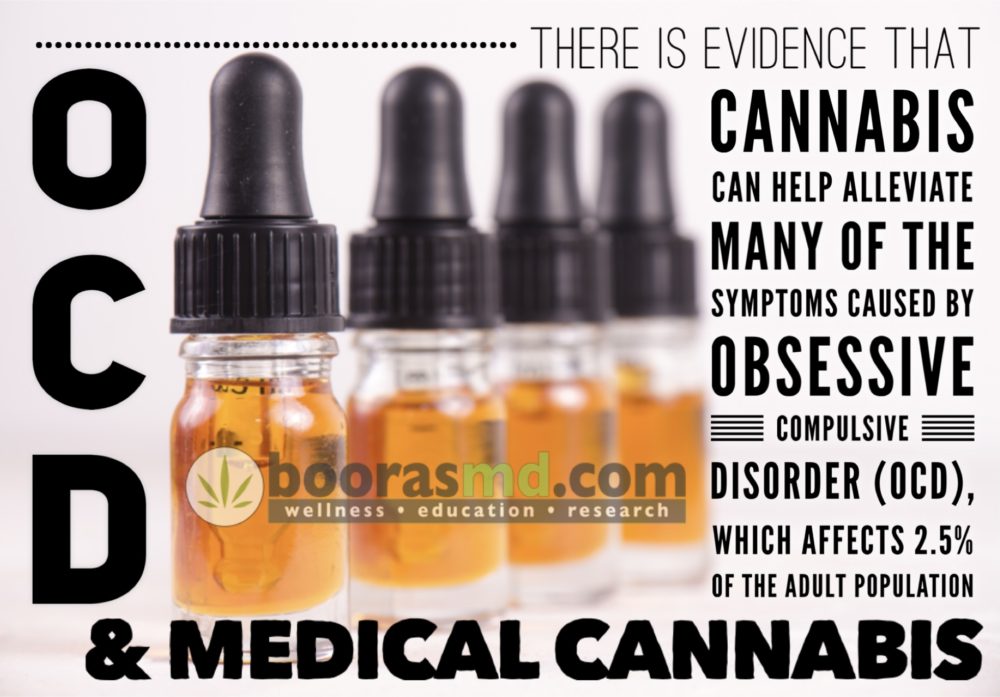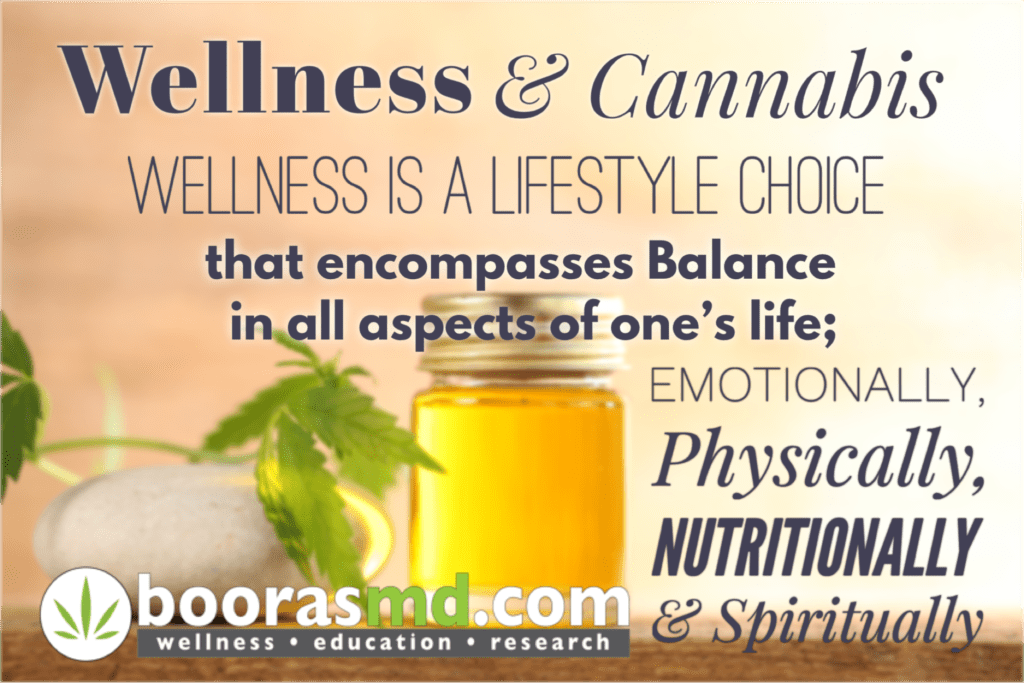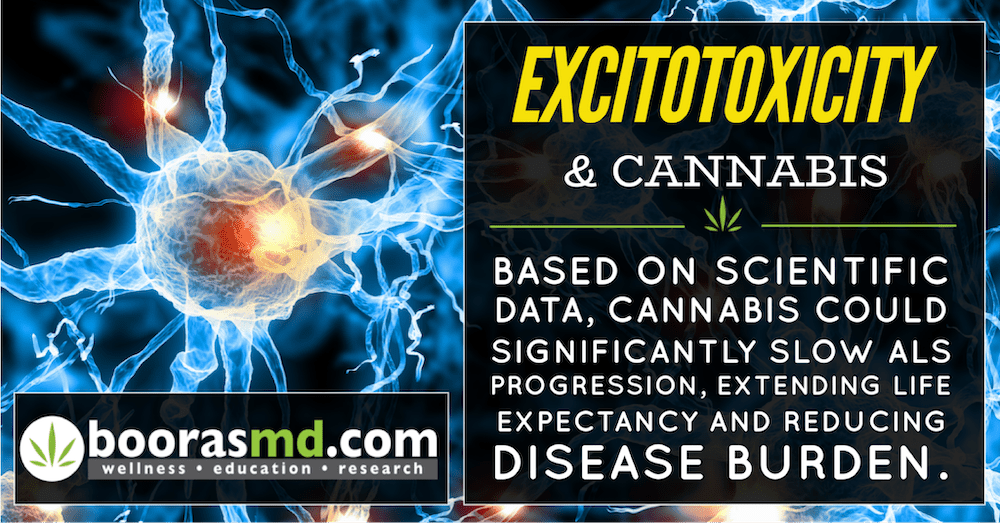Bipolar Disorder and Medical Marijuana (Cannabis)
Bipolar Disorder and Medical Marijuana (Cannabis)
Summary: The medical literature is difficult to evaluate, but people with bipolar disorder that are using cannabis tend to report benefits with use of cannabis. Personally, I feel one of the problems with evaluating response to treatment has been that most of the people involved in the reviews up to this point were primarily ONLY using THC products. There is a much greater benefit with using THC combined with CBD as they work synergistically.
If Medical Marijuana (Cannabis) is going to be used as part of a treatment program for bipolar disorder, it should be done cautiously and discontinued if you experience worsening of your condition.
Bipolar Disorder, previously known as manic depression, is a mental health condition characterized by mood swings that can be extreme in some cases. People suffering from this disorder can rapidly shift between feeling depressed followed by periods of feeling euphoric, full of energy or extremely irritable. Mood swings can affect sleep, judgment, behavior, energy and being able to think clearly. People with Type I Bipolar have far more severe episodes than people with Type II.
Somewhere between 30-70% of people with bipolar disorder have used, or do use, “Street” marijuana, primarily as a form of self-medication. Their response to treatment has been mixed in the Psychiatric literature. I personally feel the results would have been better if people were to use both THC and CBD instead of primarily THC.
Some researchers feel that THC use is associated with an increase in manic or depressive episodes, worse outcomes and poorer treatment adherence to prescription medications. https://www.psychiatryadvisor.com/home/bipolar-disorder-advisor/cannabis-use-in-bipolar-disorder-presents-a-treatment-challenge/
However, most of the studies quoted are not of high quality and many are 16 years old and mostly included people using high-THC recreational cannabis. For the most part, these studies did not indicate the amount of cannabis consumed, included a small number of people and ran for a short period of time or were simply observational. These types of studies are not reliable for determining cause and effect.
The following article was from a literature review published in the British Association for Psychopharmacology. http://www.safeaccess.ca/research/pdf/cannabis_bi-polar_disorder_Ashton_2005.pdf
The following are excerpts were taken from this article.
- “Despite the sparse anecdotal data in humans and the absence of controlled clinical trials, the evidence discussed above shows that both THC and CBD have pharmacological properties that could be therapeutic in patients with BAD” (Bipolar Affective Disorder).
- “THC, in some conditions and doses, has anxiolytic, hypnotic and antidepressant effects with improvement in mood and general well-being in normal subjects, and in patients with pain conditions, multiple sclerosis or cancer. These actions could be helpful in BAD, especially in depressive phases, which are often accompanied by anxiety”.
- “CBD antagonizes the psychotic-like effects and intoxication liability produced by high doses of THC and has anxiolytic, hypnotic and anticonvulsant actions of its own in addition to a protective effect against glutamate toxicity. As well as adding to the anxiolytic effects of THC, the antipsychotic effects of CBD could be therapeutic in bipolar patients with psychotic symptoms, and the anticonvulsant and protective effects against glutamate toxicity may have a mood-stabilizing action similar to some other anticonvulsants of proven value in BAD”.
- “In addition, both THC and CBD have extremely low toxicity”.
The following study was a literature review of 12 studies with a total of 11,959 individuals up to May 2017.
“Conclusions: Recent cannabis use was associated with negative long-term symptomatic and treatment outcomes across anxiety and mood disorders. The findings should be interpreted with caution, considering the observational designs across studies and the biases associated with the samples (e.g., inpatients) I have sources of cannabis consumed (i.e., unregulated sources). Nonetheless, clinicians can use the insight gained to inform their own and their patients knowledge concerning potential risks of cannabis with regard to symptoms of anxiety and mood disorders”.
Written by Charlie Booras, MD on 10/9/20.
Updated on 2/4/21

